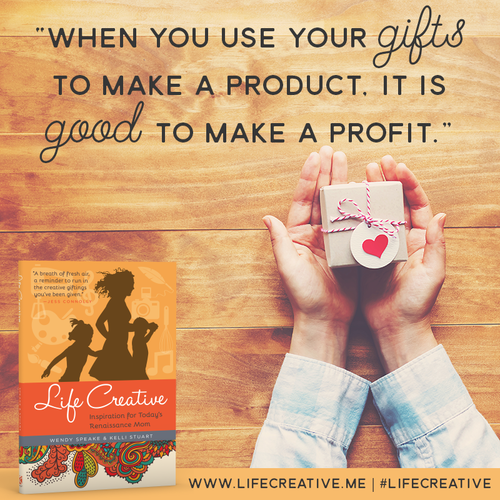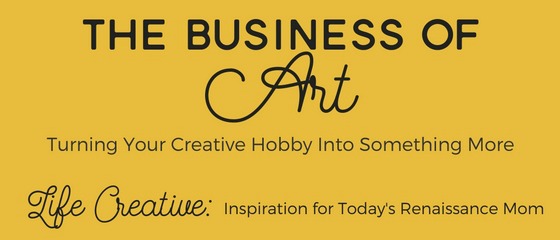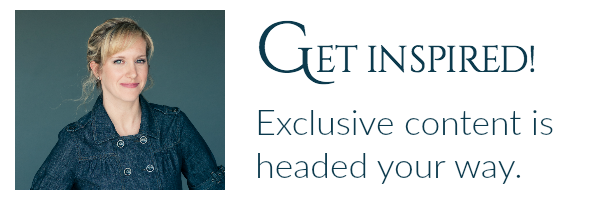
When I first met my husband, he was freshly graduated from college, and he was in the prime of his glory days as a scholarship collegiate basketball player.
He had come down to Waco, TX to interview for the position of Area Director for a ministry called K-Life, for which I was a volunteer. I was nineteen, he was twenty-three. He sat with his back against the wall, a baseball cap pulled down low over his forehead, and I was immediately smitten.
Two years after that initial meeting, he and I were married. I had worked my magic and made him mine. *wink*
When we married, the only images I had of my husband were from our time in youth ministry. He was the guy who dunked a ball over three high school students at a three-on-three tournament.
He was the guy who dressed in ridiculous costumes and made junior high students howl with laughter.
He was spontaneous and funny and completely goofy, and I loved him for it.
But when we got married, he decided to enter the business world. As much as he loved youth ministry, it seemed he had some dreams outside of putting on skits. And suddenly, I didn’t know who he was.
Turns out, this man of mine had business savvy. A bit of a wanderer at heart, the business world allowed him to stretch his wings. It baffled me for a long time, because I had a hard time reconciling the business man with the basketball star. And his constant influx of business ideas often left me on edge.
Now, however, I see the brilliance, and even the creativity, in this forward thinking man of mine. And I’ve learned a lot about what it means to run a business just by watching him.
Before we were even married, my husband began closing deals not for himself, but for me. We met Joe White, the director and owner of Kanakuk Kamps in Branson, MO my senior year at Baylor and by the end of the evening, Lee had convinced him to hire me as the ghostwriter for his next book. I would end up co-authoring that book in 2004.
Lee has always been my cheerleader, pushing me to see the bigger picture of what I could do. And his advice is always the same: “Treat this like a business.”

The key in taking our creative hobby and turning it into something more is to take it seriously enough to call it a business. An excerpt from my upcoming book explains more:
Several years ago as I began ramping up my career as a writer and editor, I took on a lot of jobs without pay. I rationalized this choice by convincing myself that I needed to build a name for myself, and show that I had experience. But as the work took off it became a lot to manage, and suddenly I found myself stressed over everything. That’s when my husband pulled me aside one evening after the kids were tucked into bed.
“You need to stop working for free,” he told me as we sat nestled on our wicker couch on the front porch, enjoying the cool, September air. “If you don’t value your time and skill, the people you’re working for won’t either.” I tried to defend my reasoning for offering free services, but he stopped me, and I knew it was time to listen. My husband is a successful businessman. I needed to hear his words and ingest them.
“I know that you’re gifted,” he said. “I know that you’re good at what you do. In fact, lots of people know it. But it’s time that you believe that you’re good enough to start charging for it.” That was a turning point for me professionally, but it wasn’t easy to retrain my thoughts. I was fearful that I would lose opportunity if I started charging, and I did on occasion. Some people simply couldn’t afford to pay me, and I had to walk away from those projects. But the people who were willing to pay agreed with the value I had placed on my time and skill, and I found that working with the promise of compensation gave me more confidence, thereby eliminating much of my stress, which in turn relieved some of the burden and stress from my family who had to live with me.
Friends, God has given you talents, and with them may come the opportunity to produce a financial blessing. Undervaluing the work that you do isn’t His desire, nor does He ask us to hide timidly in the shadows as we meekly hold our wares out to a waiting world. Instead, He invites us to work hard and to charge for our services. © Life Creative: Inspiration for Today’s Renaissance Mom: Wendy Speake and Kelli Stuart, Kregel Publications, 2016
Taking your creative hobby to the next level requires that you look at it like a business. It’s not just “something you do for fun.” You are providing value to a world that needs it. You’re making beauty in a world that often feels like it’s spinning out of control.
[Tweet “Taking your creative hobby to the next level requires that you look at it like a business.”]
Making this change from hobby to business may take some time. You’ll likely have to retrain your thoughts to see what you do not as something on the side, but as a valuable contribution.

Do you believe this? Do you see your gift as bringing value into the world?
![]()
 This series is inspired by my upcoming book Life Creative: Inspiration for Today’s Renaissance Mom. *
This series is inspired by my upcoming book Life Creative: Inspiration for Today’s Renaissance Mom. *
Co-authored with Wendy Speake, this book is specifically for the creative mom who wonders why on earth God designed her creative, and then gave her children. It’s full of encouragement and stories of renaissance moms who are impacting the world with their art, oftentimes with little ones by their side.
As a special incentive, if you buy your copy by the end of September you will receive a free pdf downloadable that expands more on how to turn your creative hobby into a thriving business. Offering practical tools that will help you take your art to the next level, this is the encouragement you need to move forward toward your creative pursuits.
Purchase your copy of Life Creative now, then come back and fill out the form to receive your free pdf downloadable.
*affiliate link included
![]()


Whoooo….this one has been super hard for me. But I finally did take the plunge and tell someone the price I truly believe my services are worth. She walked, but I felt great. Thanks for the reminder today.